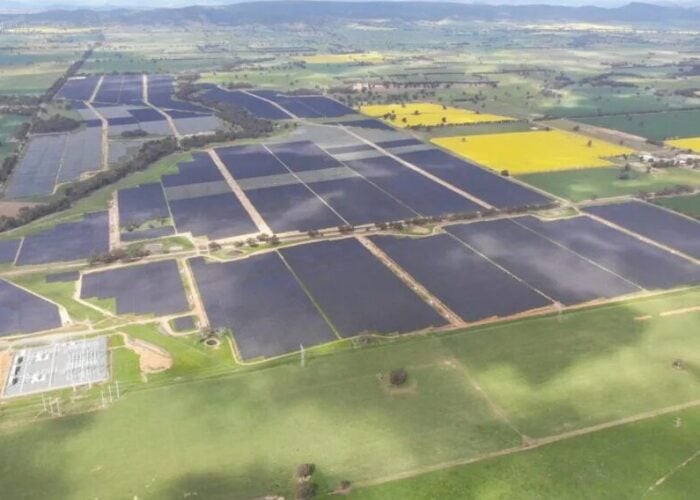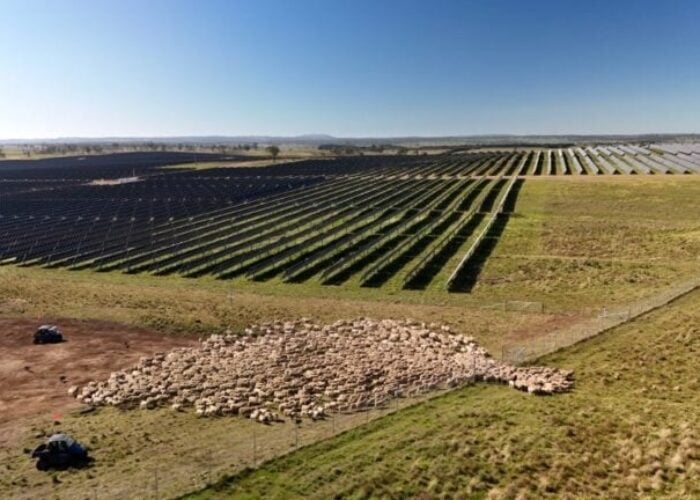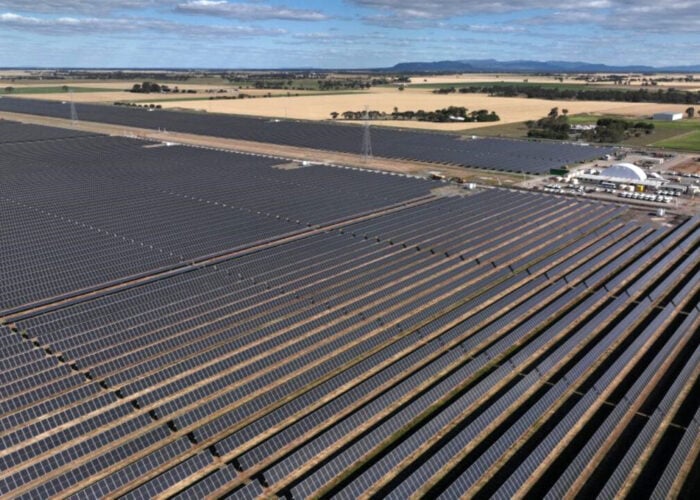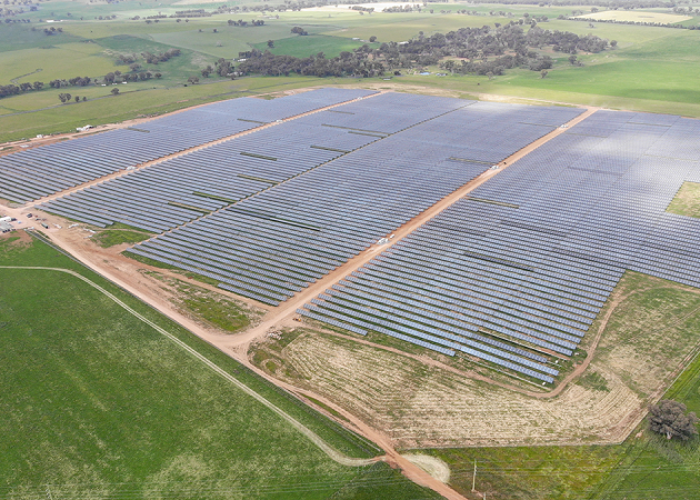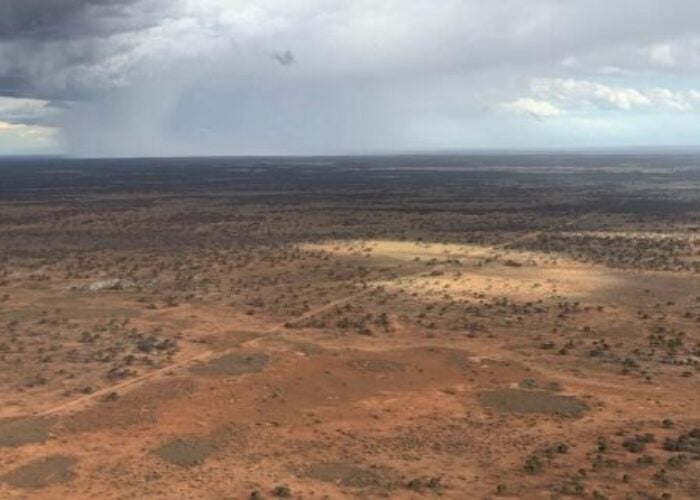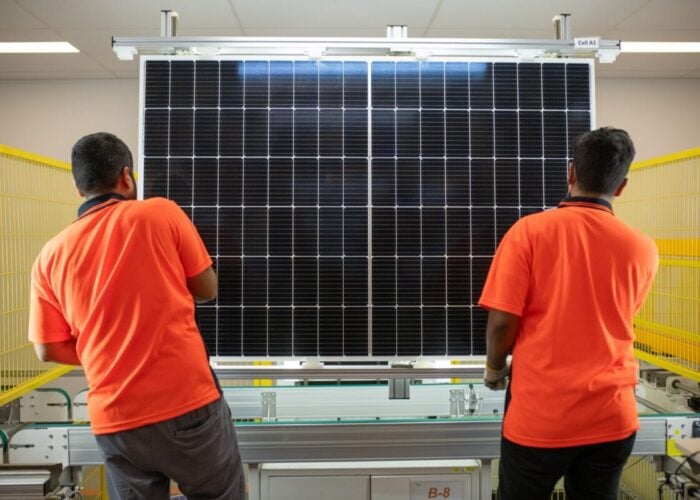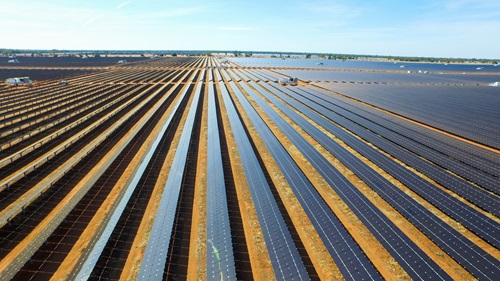
Conservative groups and power industry bodies have made fresh calls to hinder Australia’s Renewable Energy Target (RET) in the wake of the federal election.
Pro-solar campaigners see the RET as a critical policy to progress Australia’s renewables deployment, but 16 months of debate on whether to reduce the targets caused almost total stagnation of investment in the sector last year. In June 2015, the two main parties finally agreed to lower the goal to 33,000GWh by 2020.
Try Premium for just $1
- Full premium access for the first month at only $1
- Converts to an annual rate after 30 days unless cancelled
- Cancel anytime during the trial period
Premium Benefits
- Expert industry analysis and interviews
- Digital access to PV Tech Power journal
- Exclusive event discounts
Or get the full Premium subscription right away
Or continue reading this article for free
However, the last few days have seen a significant ramping up of rhetoric against the RET from local media outlets as well as the Energy Networks Association, Australian Energy Council, Ai Group and Grattan Institute among others, according to Australian Solar Council chief executive John Grimes.
These bodies have pushed the merits of gas power and questioned the effectiveness of renewable technologies.
Australian Energy Council chief executive Matthew Warren said the country’s transition to a low carbon future needs to be driven by an integrated national policy process rather than state-based targets and “intrusive regulation”. For him, the challenges of integrating large-scale renewables were exacerbated by “arbitrary targets”, which do not consider the impacts on the grid.
He was also one of a number of figures to blame a recent peak in electricity prices in the state of South Australia on renewables.
However, both Grimes and the Clean energy Council (CEC) said that the reason for prices hikes was in fact an interconnector linking South Australia and Victoria being down for maintenance, which isolated the state from the National Grid and stopped it from being able to keep a lid on wholesale power prices. Secondly, a patch of unseasonably wild and cold weather, saw locals cranking up their heating.
CEC network specialist Tom Butler said wind farms actually provided very cheap electricity during the rough conditions, but the price of gas became extremely high.
The calls come off the back of an election, which had an unclear outcome at first, but which has now seen Malcolm Turnbull retain his position as prime minister.
Grimes said: “It's a similar environment to what we saw immediately following the election of the Tony Abbott government. We know that a significant and concerted effort is being made on the conservative side of politics to call for the government to roll back renewables.
“We don’t know what Turnbull's intentions are […] and the make-up of the senate is going to be the critical differentiator. They are saying that that could still take up to three weeks or even more until that is finalised so we're in a holding pattern at the moment.”
Recently, Josh Frydenburg has been reappointed as energy minister with the added responsibility of environment.
Grimes said: “Frydenburg has the respect of his colleagues so he'll be effective in whatever the prime minister sets out as the direction for that portfolio, but we don’t yet know what that direction is going to be.”
Grimes also noted that Turnbull signed an agreement with the National Party within 24 hours of becoming prime minister, which included a commitment that he would not roll back the anti-renewables policies of the Abbott era for the term of his prime ministership.

